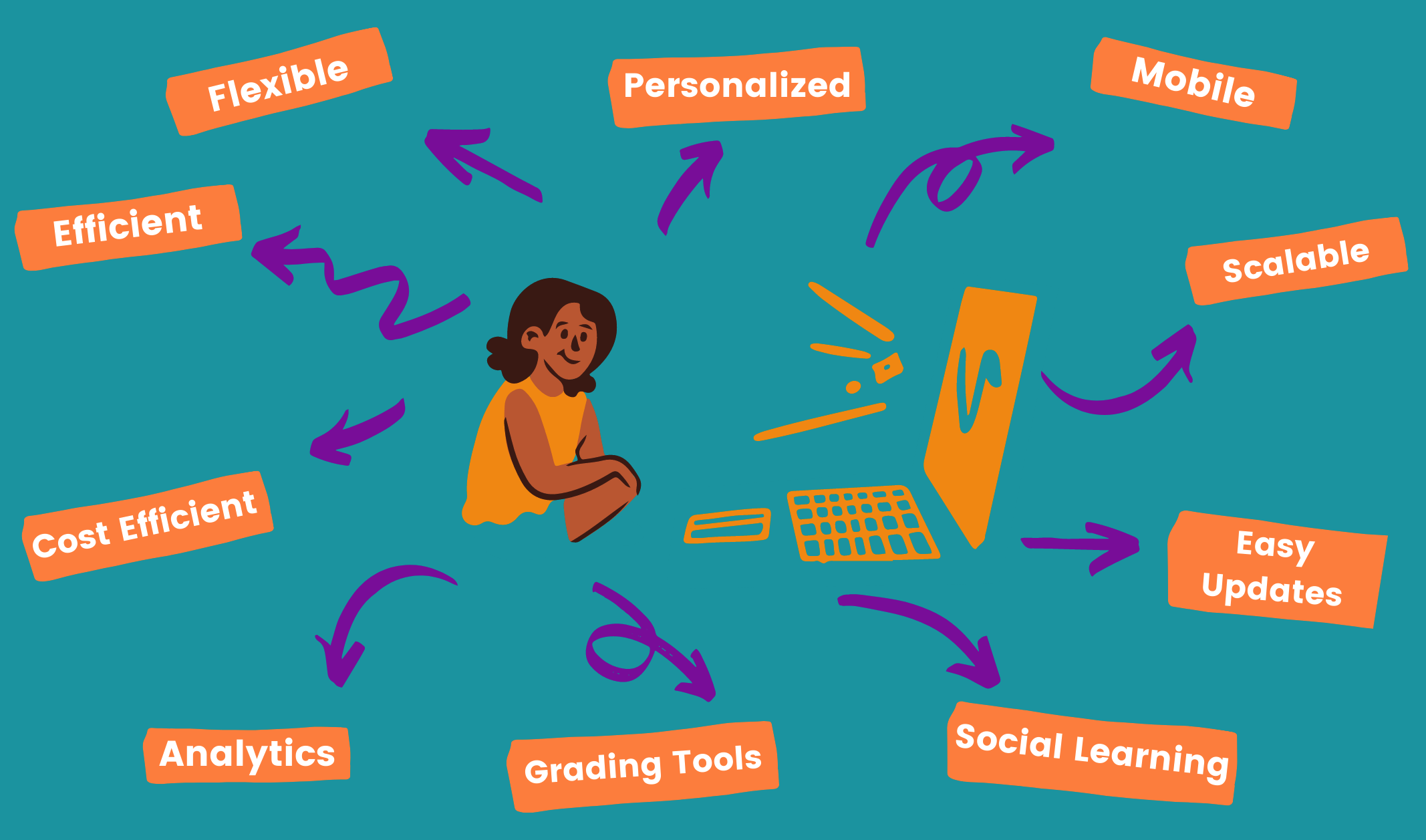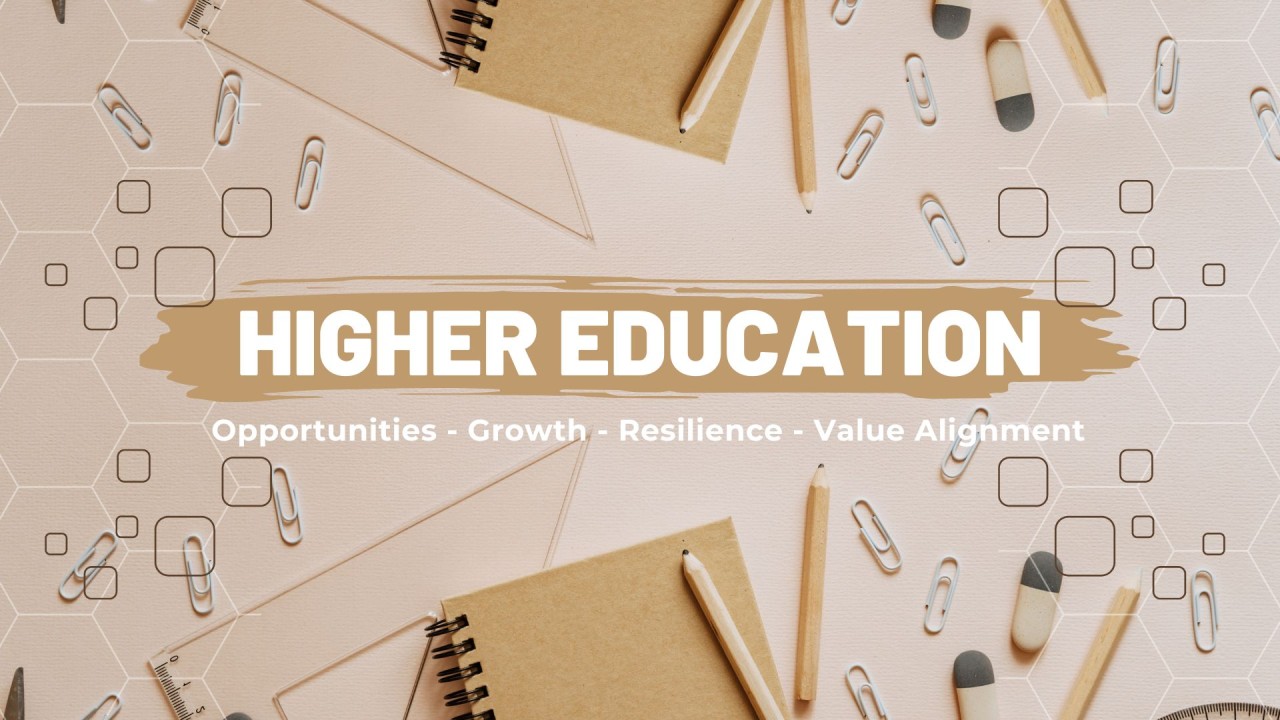Transforming Futures: The Profound Impact of Higher Education on Career Success
In today's rapidly evolving global economy, higher education serves as a critical catalyst for personal and professional transformation. Beyond the acquisition of knowledge, it shapes individuals into well-rounded professionals equipped to navigate complex challenges and seize opportunities in competitive markets.
Understanding the Impact of Higher Education
The Evolution of Professional Education
Modern higher education has evolved to address real-world industry challenges, combining theoretical knowledge with practical applications. This holistic approach prepares professionals to contribute meaningfully from day one in their roles.
85% of employers value higher education credentials when making hiring decisions
Building Professional Identity
Higher education plays a crucial role in developing professional identity—combining expertise, ethics, and industry understanding. This foundation enables graduates to navigate complex workplace dynamics with confidence.
Professional Credibility
Higher education establishes credibility through recognized qualifications that validate expertise and specialized knowledge.
Skill Development and Career Advancement
Critical Thinking
Develop advanced analytical abilities to evaluate complex information, identify patterns, and make strategic decisions.
Problem-Solving
Master methodical approaches to resolving complex challenges through structured frameworks and innovative thinking.
Adaptability
Cultivate flexibility to embrace emerging technologies, methodologies, and industry shifts throughout your career.
Career Progression Through Education
Entry-Level Positions
Higher education provides specialized knowledge that differentiates candidates, often resulting in preferential selection for competitive positions.
Mid-Career Advancement
Continuing education and professional development programs enable professionals to stay relevant and position themselves for promotion opportunities.
Leadership Positions
Advanced qualifications and specialized expertise become increasingly valuable for senior roles that require strategic vision and comprehensive industry knowledge.
Building Professional Networks
Higher education institutions facilitate valuable connections with industry professionals, mentors, and peers. These networks often provide access to opportunities not available through traditional job search methods.
Economic and Social Benefits
Personal Economic Impact
| Education Level | Avg. Salary Increase | Career Advancement IMPACT |
|---|---|---|
| Professional Certificate | 15-25% | Moderate |
| Undergraduate Degree | 30-45% | Significant |
| Postgraduate Degree | 50-70% | Substantial |
| Specialized Qualifications | 25-60% | High |
Higher education consistently delivers significant return on investment through enhanced earning potential, job security, and career mobility throughout professional lifecycles.
Broader Impact on Society
Innovation Ecosystem
Higher education institutions foster innovation through research, development, and knowledge transfer, contributing to economic growth and technological advancement.
Workforce Development
Specialized educational programs develop skilled professionals who drive industry advancement and economic productivity across sectors.
Social Mobility
Quality higher education creates pathways for professional advancement regardless of background, enabling upward socioeconomic mobility.
Long-Term Career Resilience
Higher education equips professionals with adaptive skills and foundational knowledge that remain relevant despite market changes. This creates greater career stability and resilience through economic fluctuations.
Industry Evolution
Higher education develops adaptable professionals who successfully navigate industry transformations rather than being displaced by them.
Ongoing Development
Continuing education programs provide opportunities to refresh skills and acquire new competencies throughout career trajectories.
Choosing the Right Educational Program
Identifying Career Objectives
Selecting educational programs aligned with specific career goals maximizes return on investment. Consider both immediate needs and long-term career trajectory when evaluating program options.
Assess Current Position
Evaluate your existing skills, experience, and knowledge gaps relative to desired positions.
Define Career Aspirations
Clearly articulate your professional goals, target roles, and desired industry positioning.
Research Program Outcomes
Investigate graduate success rates, employment statistics, and alumni career trajectories.
Program Evaluation Criteria
When selecting educational programs, consider these essential factors to ensure alignment with both personal circumstances and professional goals:
Accreditation
Verify institutional recognition to ensure credential validity and industry acceptance.
Curriculum Relevance
Assess how program content aligns with industry needs and current professional standards.
Flexibility
Consider delivery formats that accommodate professional and personal commitments.
Industry Connections
Evaluate institutional relationships with employers and professional networks.
Balancing Education with Professional Life
Modern educational programs offer flexible formats designed for working professionals. Consider these approaches to successfully integrate education with career responsibilities:
Part-Time Programs
Extended timeline programs that accommodate full-time employment while providing structured educational pathways.
Hybrid Learning
Combined online and in-person formats that reduce commuting requirements while maintaining networking benefits.
Digital Flexibility
Technology-enabled programs that allow learning on-the-go with mobile accessibility and asynchronous components.
Why Choose Al Mithaq Institute
Educational Excellence with Practical Focus
Al Mithaq Institute combines academic rigor with practical industry relevance across all programs. Our curriculum emphasizes real-world applications, case studies, and professional skill development.
Excellence Recognition: Al Mithaq Institute is recognized for educational excellence and industry-relevant programs that prepare professionals for immediate impact.
Industry-expert faculty with extensive professional experience
Comprehensive accreditation and industry recognition
Flexible program formats for working professionals
Robust professional networks and industry connections
Comprehensive Program Offerings
Al Mithaq Institute provides specialized educational programs across diverse professional domains to meet varying career development needs:
Legal Studies
Specialized programs in various legal disciplines with practical case applications and regulatory frameworks.
Administrative Sciences
Comprehensive management and administrative programs focusing on organizational leadership and operational excellence.
Technology & Innovation
Cutting-edge technical programs that prepare professionals for evolving technological landscapes.
Professional Development
Targeted skill enhancement programs designed for specific career advancement objectives.
Student Support & Career Services
Al Mithaq Institute provides comprehensive support throughout your educational journey and beyond:
Academic Advising
Personalized guidance for program selection and academic planning.
Career Counseling
Professional development planning and career path guidance.
Networking Events
Industry connections through professional forums and events.
Alumni Services
Ongoing professional resources and community engagement.
Frequently Asked Questions
How do Al Mithaq programs accommodate working professionals?
Our programs feature flexible scheduling options including evening classes, weekend intensives, and hybrid learning formats that combine online and in-person components to accommodate professional commitments.
What accreditations does Al Mithaq Institute hold?
Al Mithaq Institute maintains full accreditation from recognized educational authorities and holds industry-specific program endorsements that ensure credential validity and widespread recognition.
How do Al Mithaq programs integrate practical industry experience?
Our curriculum incorporates case-based learning, industry projects, professional workshops, and practitioner faculty who bring real-world scenarios and applications into every course.
What career support services are available to students?
Students benefit from comprehensive career services including professional development workshops, networking events, personalized career counseling, and access to industry placement opportunities.
How can I determine which program best fits my career goals?
Our academic advisors provide personalized consultations to assess your professional background, career objectives, and development needs to recommend optimal program pathways.
Key Takeaways
Career Advancement
Higher education consistently correlates with accelerated career progression, expanded opportunities, and enhanced earning potential across industries.
Skill Development
Educational programs build both technical expertise and transferable skills that remain valuable throughout evolving career landscapes.
Professional Resilience
Higher education creates adaptable professionals who successfully navigate industry transformations and economic changes.
Begin Your Educational Journey with Al Mithaq Institute
Investing in higher education is an investment in your professional future. Al Mithaq Institute offers specialized programs designed to transform career trajectories while accommodating the needs of working professionals.
Contact Information:
Phone: +971 56 766 2221, +971 4 264 4204
Email: info@almithaqinstitute.com







